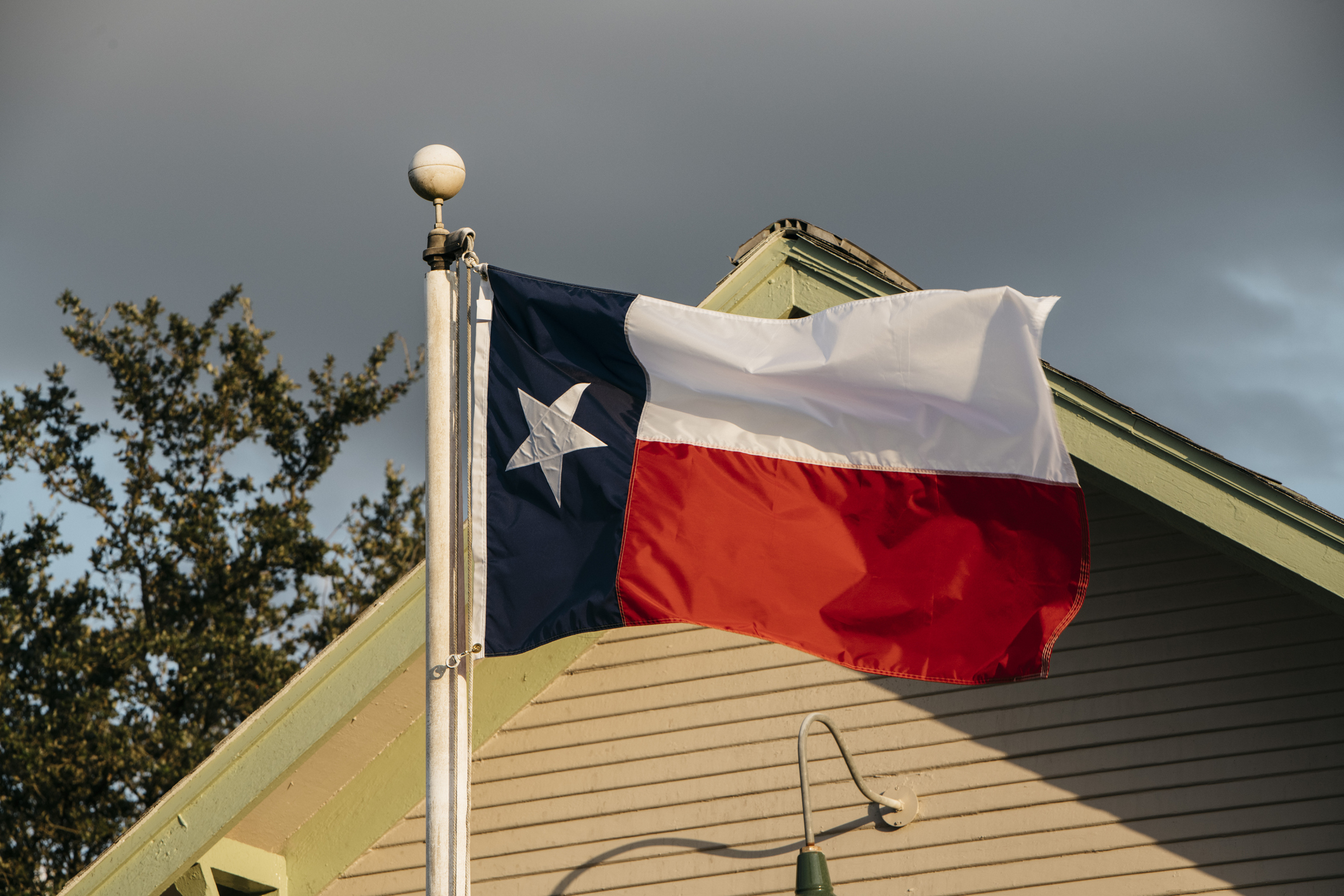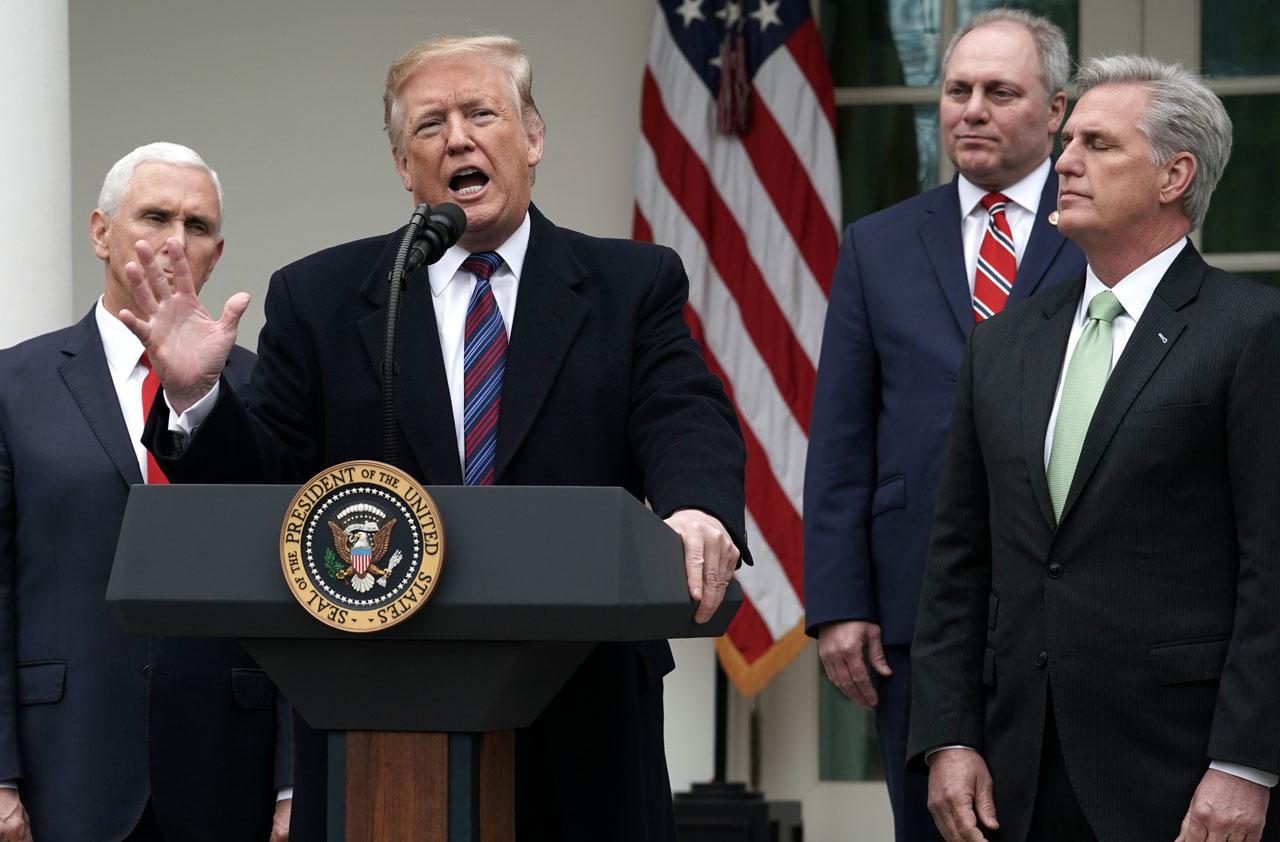A Spotlight on the South Central States: The Kiplinger Letter
Outside of the tech sector slump, job growth in the South Central states remains buoyant, with healthcare, construction and business investment going strong.


Profit and prosper with the best of Kiplinger's advice on investing, taxes, retirement, personal finance and much more. Delivered daily. Enter your email in the box and click Sign Me Up.
You are now subscribed
Your newsletter sign-up was successful
Want to add more newsletters?

Delivered daily
Kiplinger Today
Profit and prosper with the best of Kiplinger's advice on investing, taxes, retirement, personal finance and much more delivered daily. Smart money moves start here.

Sent five days a week
Kiplinger A Step Ahead
Get practical help to make better financial decisions in your everyday life, from spending to savings on top deals.

Delivered daily
Kiplinger Closing Bell
Get today's biggest financial and investing headlines delivered to your inbox every day the U.S. stock market is open.

Sent twice a week
Kiplinger Adviser Intel
Financial pros across the country share best practices and fresh tactics to preserve and grow your wealth.

Delivered weekly
Kiplinger Tax Tips
Trim your federal and state tax bills with practical tax-planning and tax-cutting strategies.

Sent twice a week
Kiplinger Retirement Tips
Your twice-a-week guide to planning and enjoying a financially secure and richly rewarding retirement

Sent bimonthly.
Kiplinger Adviser Angle
Insights for advisers, wealth managers and other financial professionals.

Sent twice a week
Kiplinger Investing Weekly
Your twice-a-week roundup of promising stocks, funds, companies and industries you should consider, ones you should avoid, and why.

Sent weekly for six weeks
Kiplinger Invest for Retirement
Your step-by-step six-part series on how to invest for retirement, from devising a successful strategy to exactly which investments to choose.
To help you understand what is going on in the economy our highly experienced Kiplinger Letter team will keep you abreast of the latest developments and forecasts (Get a free issue of The Kiplinger Letter or subscribe). You'll get all the latest news first by subscribing, but we will publish many (but not all) of the forecasts a few days afterward online. Here’s the latest…
Texas employment growth will be the toast of the South Central region: 1.9%, still among the strongest in the country. Labor force growth has maintained a strong upward trend. The oil and gas, construction, and healthcare sectors are growing the fastest, all at a greater-than-4% clip.
The state’s main growth centers are its major metro areas: Austin, Dallas-Ft. Worth, Houston and San Antonio. The tech slowdown has hurt Austin, but the city has a high rate of start-ups, and venture capital spending is expected to rebound this year. The Dallas area will host nine games of the World Cup in 2026, more than any other site. Trina Solar is building a solar panel plant in Wilmer, creating 1,500 jobs. The Biden administration’s freeze on new permits for liquefied natural gas export terminals will hurt a major project in Port Arthur, but another in Brownsville managed to beat the deadline. Expect more action, such as new battery installations, to shore up Texas’s renewables-heavy electric grid.
From just $107.88 $24.99 for Kiplinger Personal Finance
Become a smarter, better informed investor. Subscribe from just $107.88 $24.99, plus get up to 4 Special Issues

Sign up for Kiplinger’s Free Newsletters
Profit and prosper with the best of expert advice on investing, taxes, retirement, personal finance and more - straight to your e-mail.
Profit and prosper with the best of expert advice - straight to your e-mail.
Louisiana is up next, where employment growth will remain strong at 1.6%. Hospitality and tourism continue to struggle, with the overall number of jobs still 7.3% below pre-pandemic levels. But the labor force has nearly recovered, easing worker shortages, especially as job openings come down from earlier highs. Construction work is a major boon. The New Orleans-Baton Rouge area currently has $33 billion in projects underway, with another $60 billion proposed, including a $4.5 billion blue hydrogen plant in Burnside. The southwest part of the Pelican State also has a $60 billion backlog of proposed construction projects, mostly LNG export terminals. The White House’s permit pause for such projects will cause some delays but won’t affect existing terminals or those near completion. Finally, a change in state regulations is allowing riverboat casinos to move to land, which has jumpstarted a number of construction projects.
New Mexico job growth will clock in at 1.2%. The Land of Enchantment still has the highest job opening rate in the region. Construction, manufacturing and healthcare are all going strong, though the tech sector has taken a hit. Water conservation is on everyone’s mind at the moment. Santa Fe has proposed a 50-year plan that includes spending $500 million to recycle water from industrial sources, mostly fracking (which uses 15 million gallons per well). There are two recycling facilities in southeast New Mexico, with Infinity Water Solutions set to build three more this year. Improving water availability will benefit many industries. It was a major reason solar panel manufacturer Maxeon decided to locate a new plant near Albuquerque, which will bring 1,800 jobs. A growing semiconductor industry also needs more water: A new $3.5 billion Intel facility just opened in Rio Rancho.
Oklahoma will lag the rest of the region, with still-strong employment growth of 1%. The state’s population is growing, with an in-migration rate almost as good as Texas’s. Even as the tech sector struggles, construction, healthcare and hospitality are all thriving. A rare earths refining plant is slated for Lawton. It will be the only one in the U.S. when it opens. The same is true of the lithium refinery coming to Muskogee. (Muskogee is also getting its first data center from Polaris.) Bartlesville will welcome a recycling plant to extract lithium from used batteries. The Oklahoma Turnpike Authority said its $5 billion, 15-year ACCESS project is back on track after it was put on hold for almost a year because of legal challenges.
This forecast first appeared in The Kiplinger Letter, which has been running since 1923 and is a collection of concise weekly forecasts on business and economic trends, as well as what to expect from Washington, to help you understand what’s coming up to make the most of your investments and your money. Subscribe to The Kiplinger Letter.
Related Content
Profit and prosper with the best of Kiplinger's advice on investing, taxes, retirement, personal finance and much more. Delivered daily. Enter your email in the box and click Sign Me Up.

David is both staff economist and reporter for The Kiplinger Letter, overseeing Kiplinger forecasts for the U.S. and world economies. Previously, he was senior principal economist in the Center for Forecasting and Modeling at IHS/GlobalInsight, and an economist in the Chief Economist's Office of the U.S. Department of Commerce. David has co-written weekly reports on economic conditions since 1992, and has forecasted GDP and its components since 1995, beating the Blue Chip Indicators forecasts two-thirds of the time. David is a Certified Business Economist as recognized by the National Association for Business Economics. He has two master's degrees and is ABD in economics from the University of North Carolina at Chapel Hill.
-
 Nasdaq Leads a Rocky Risk-On Rally: Stock Market Today
Nasdaq Leads a Rocky Risk-On Rally: Stock Market TodayAnother worrying bout of late-session weakness couldn't take down the main equity indexes on Wednesday.
-
 Quiz: Do You Know How to Avoid the "Medigap Trap?"
Quiz: Do You Know How to Avoid the "Medigap Trap?"Quiz Test your basic knowledge of the "Medigap Trap" in our quick quiz.
-
 5 Top Tax-Efficient Mutual Funds for Smarter Investing
5 Top Tax-Efficient Mutual Funds for Smarter InvestingMutual funds are many things, but "tax-friendly" usually isn't one of them. These are the exceptions.
-
 Big Change Coming to the Federal Reserve
Big Change Coming to the Federal ReserveThe Lette A new chairman of the Federal Reserve has been named. What will this mean for the economy?
-
 The U.S. Economy Will Gain Steam This Year
The U.S. Economy Will Gain Steam This YearThe Kiplinger Letter The Letter editors review the projected pace of the economy for 2026. Bigger tax refunds and resilient consumers will keep the economy humming in 2026.
-
 Trump Reshapes Foreign Policy
Trump Reshapes Foreign PolicyThe Kiplinger Letter The President starts the new year by putting allies and adversaries on notice.
-
 Congress Set for Busy Winter
Congress Set for Busy WinterThe Kiplinger Letter The Letter editors review the bills Congress will decide on this year. The government funding bill is paramount, but other issues vie for lawmakers’ attention.
-
 The Kiplinger Letter's 10 Forecasts for 2026
The Kiplinger Letter's 10 Forecasts for 2026The Kiplinger Letter Here are some of the biggest events and trends in economics, politics and tech that will shape the new year.
-
 Special Report: The Future of American Politics
Special Report: The Future of American PoliticsThe Kiplinger Letter Kiplinger assesses the political trends and challenges that will define the next decade.
-
 What to Expect from the Global Economy in 2026
What to Expect from the Global Economy in 2026The Kiplinger Letter Economic growth across the globe will be highly uneven, with some major economies accelerating while others hit the brakes.
-
 Shoppers Hit the Brakes on EV Purchases After Tax Credits Expire
Shoppers Hit the Brakes on EV Purchases After Tax Credits ExpireThe Letter Electric cars are here to stay, but they'll have to compete harder to get shoppers interested without the federal tax credit.